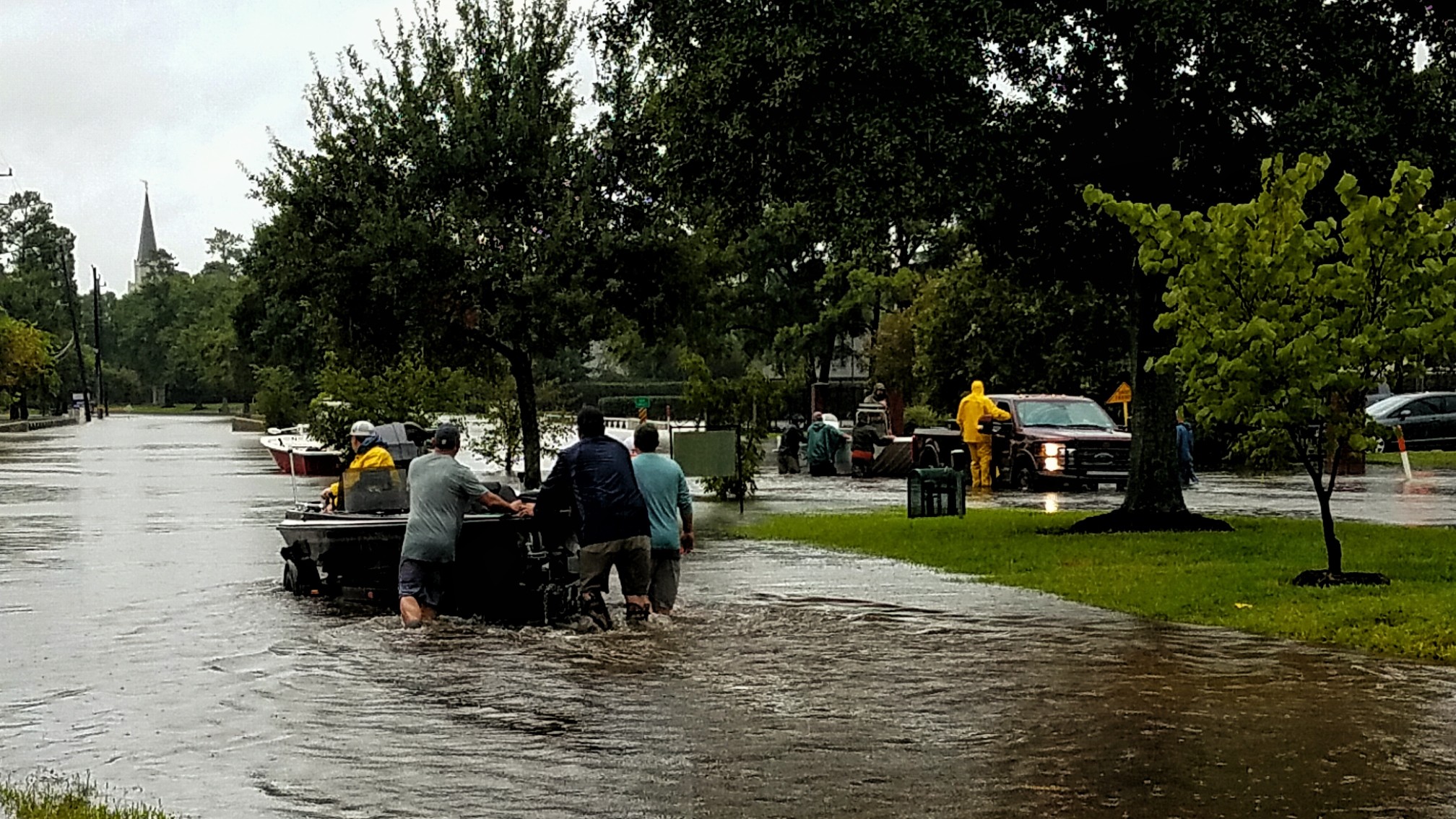
July 15, 2022
Developing a Disaster Preparedness Plan
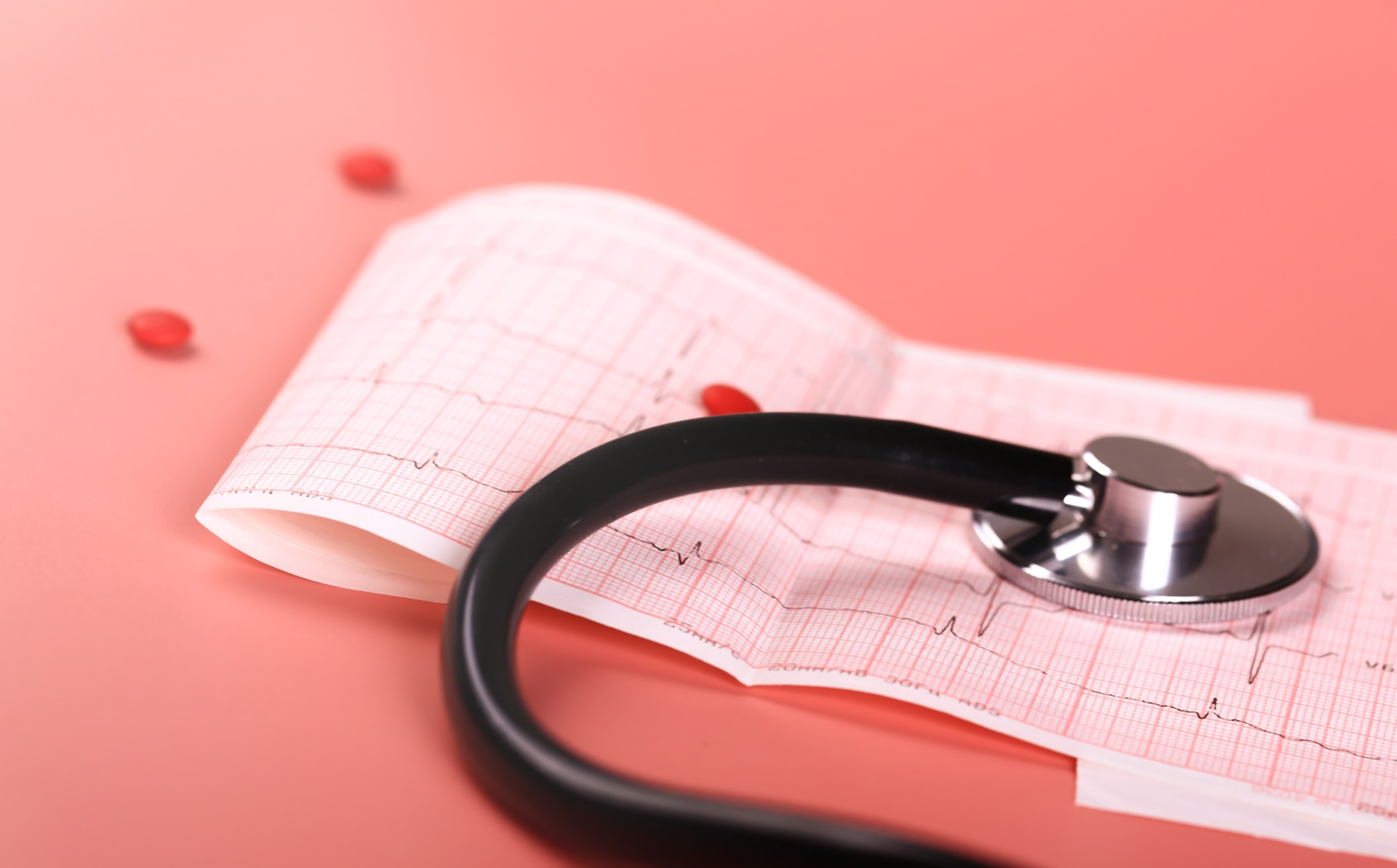
June 20, 2022
Does a Heart Arrhythmia Go Away on Its Own?

June 5, 2022
Summer Boat Safety Checklist

May 26, 2022
Differences in CPR for Children and Adults

May 12, 2022
Tips for an Injury-Free Spring Cleaning
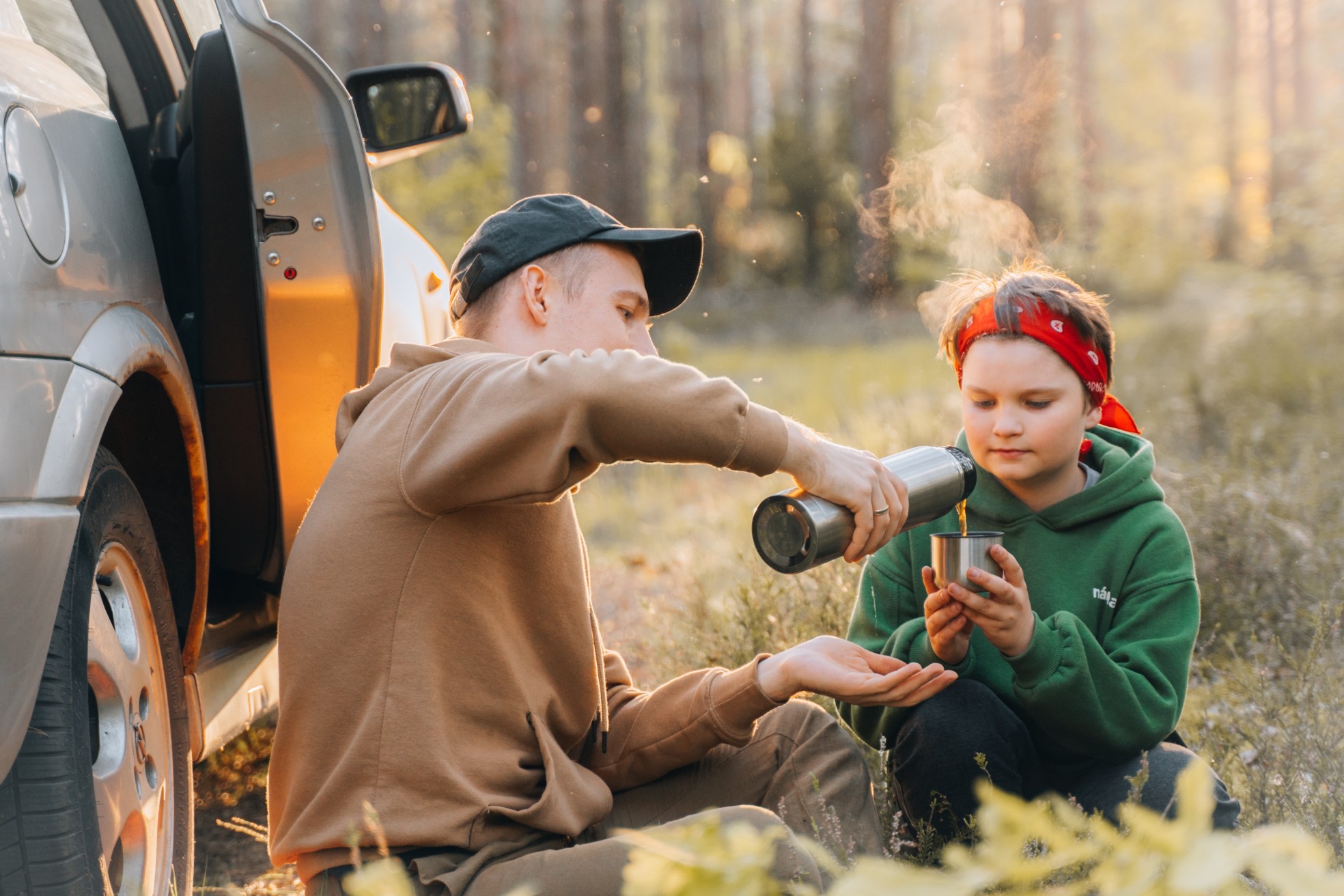
April 18, 2022
Summer Camping Trip Safety Checklist
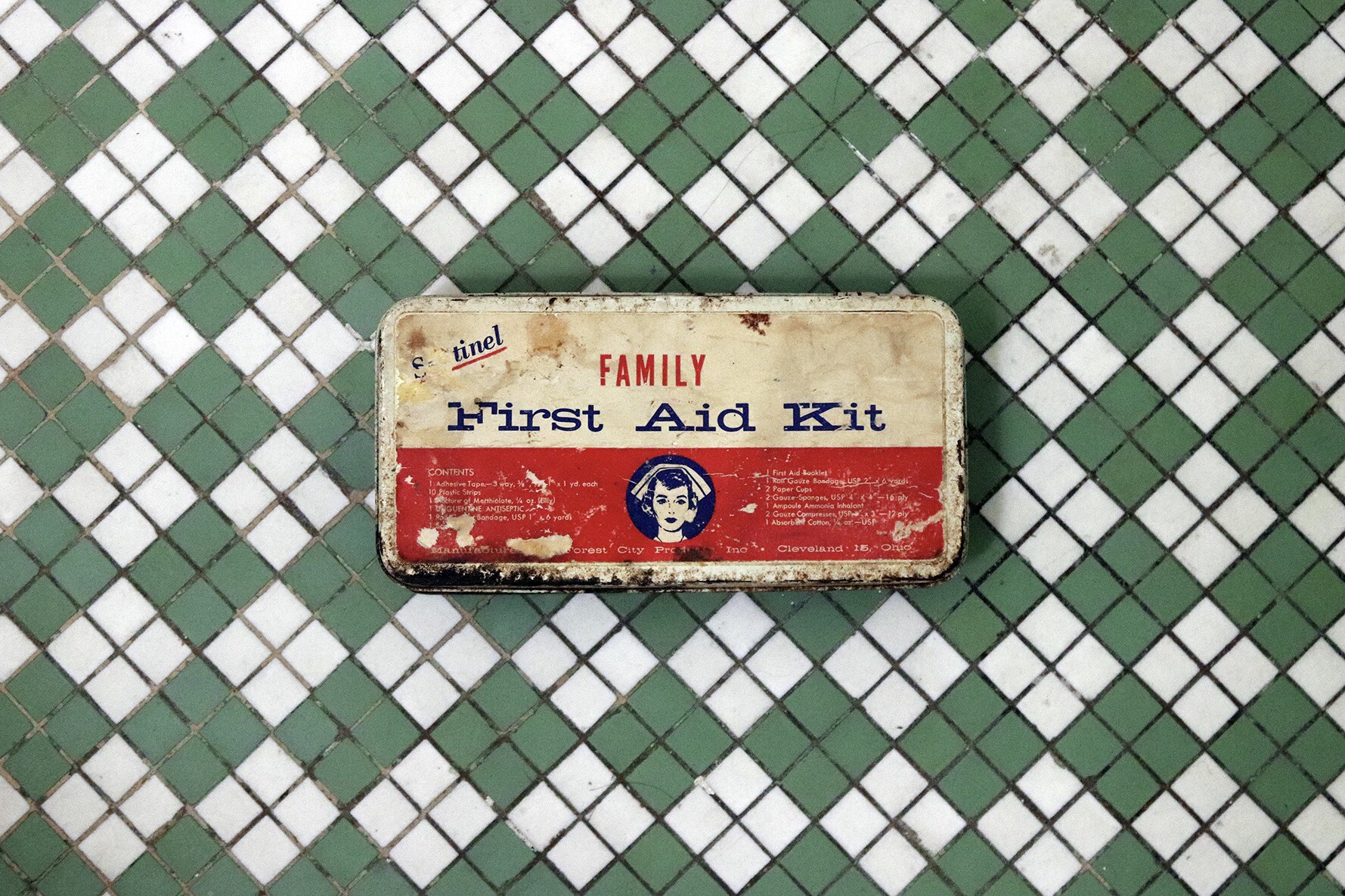
April 11, 2022
Outdated First Aid Techniques You Didn’t Know Were Outdated
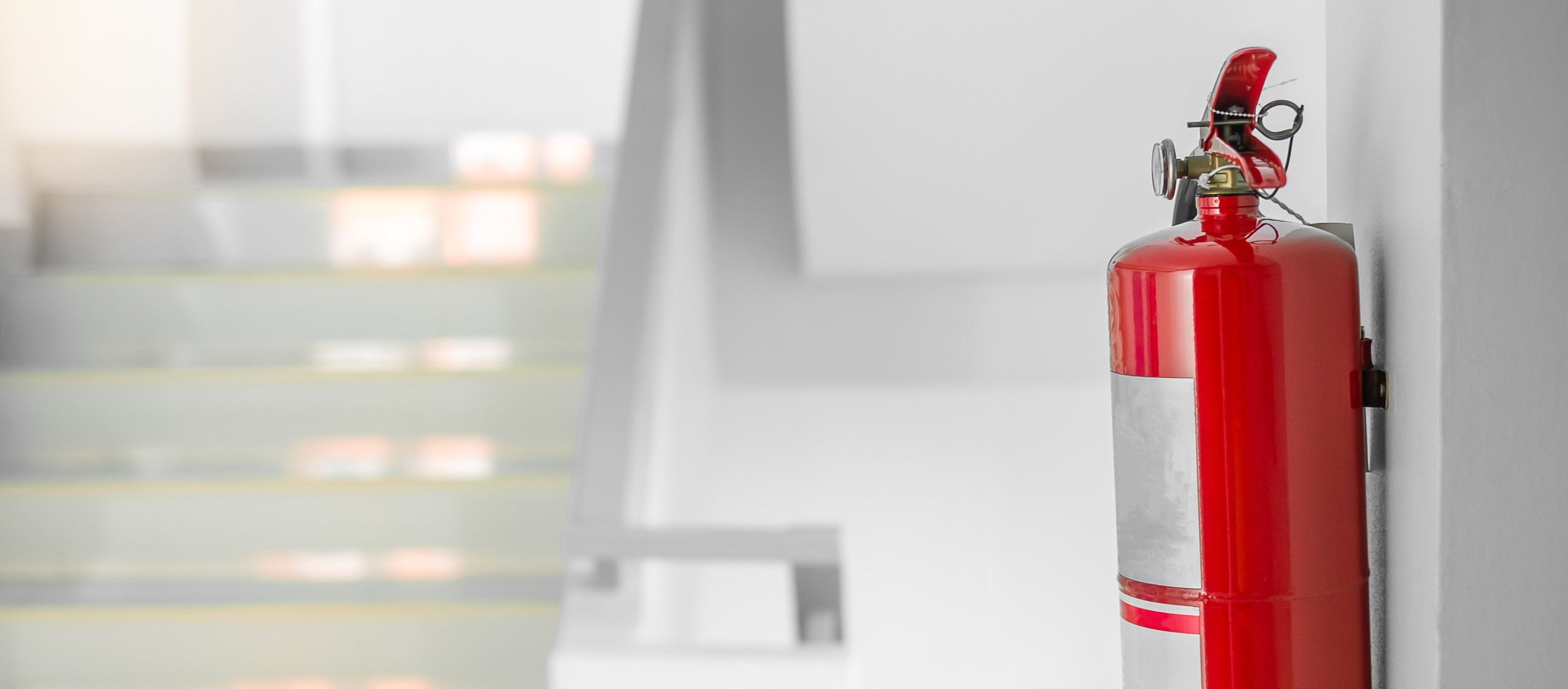
March 28, 2022
Emergency Response Plans for Your Office
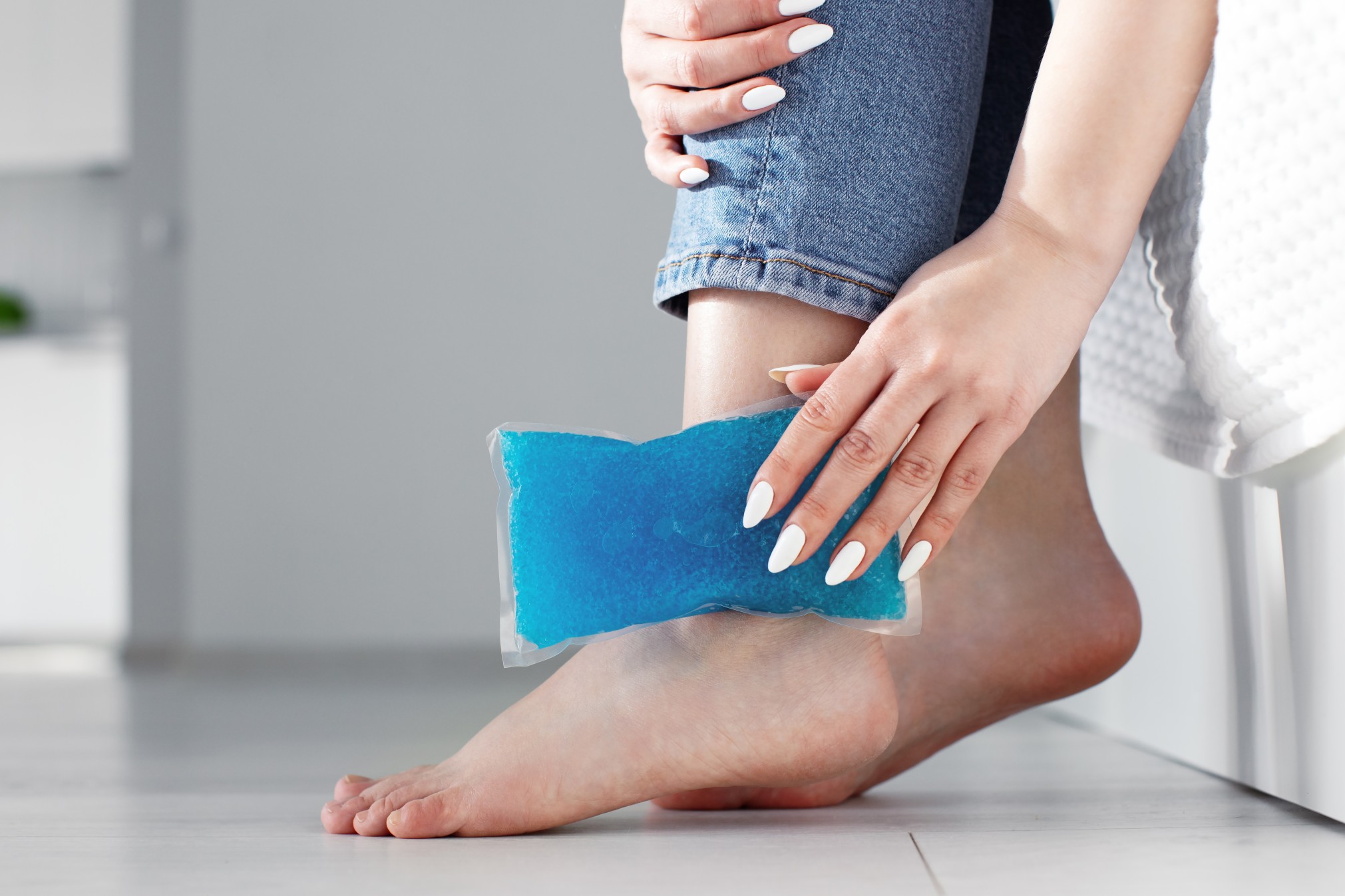
March 7, 2022
When to Use Ice or Heat on an Injury
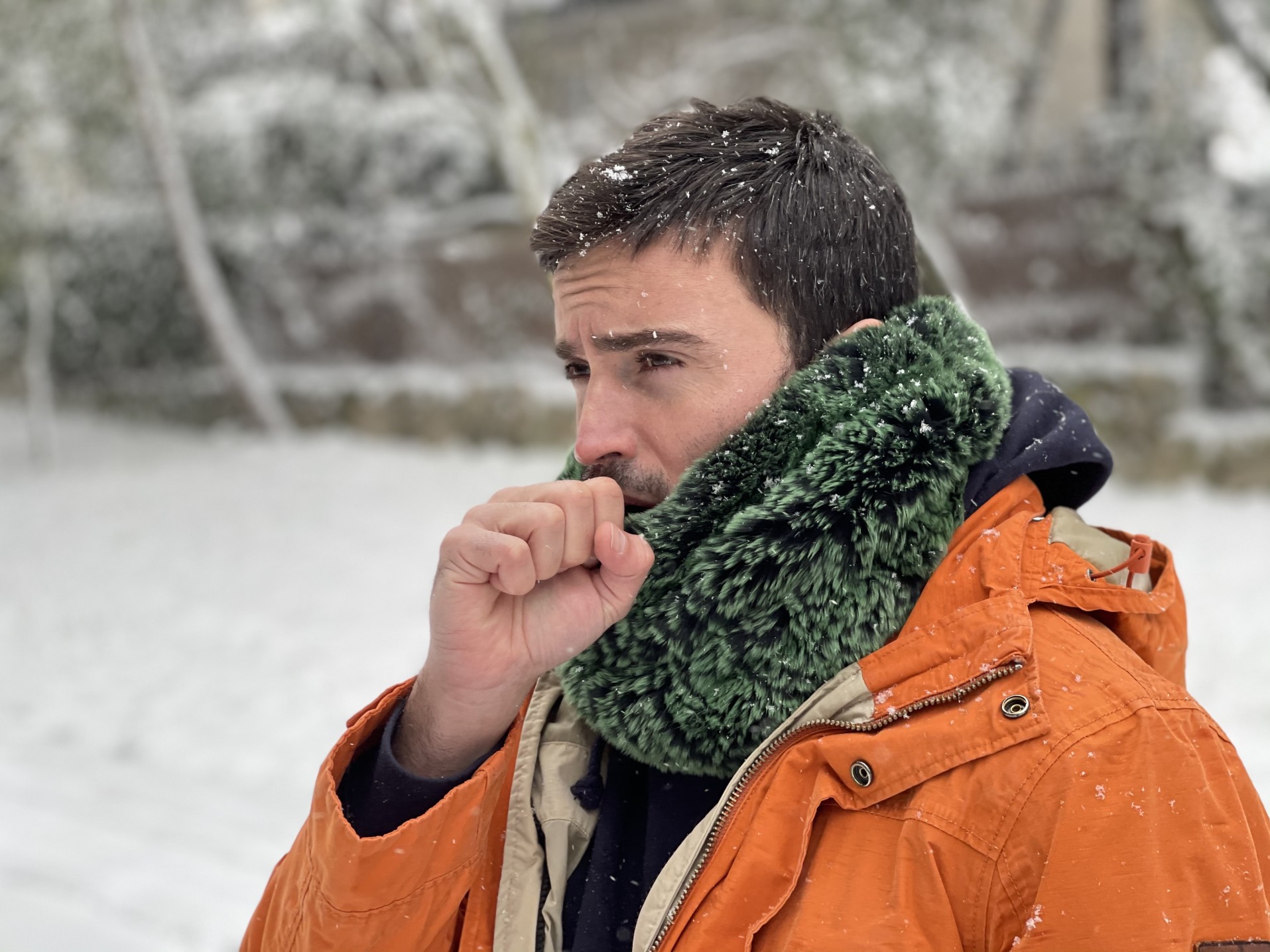
February 22, 2022

